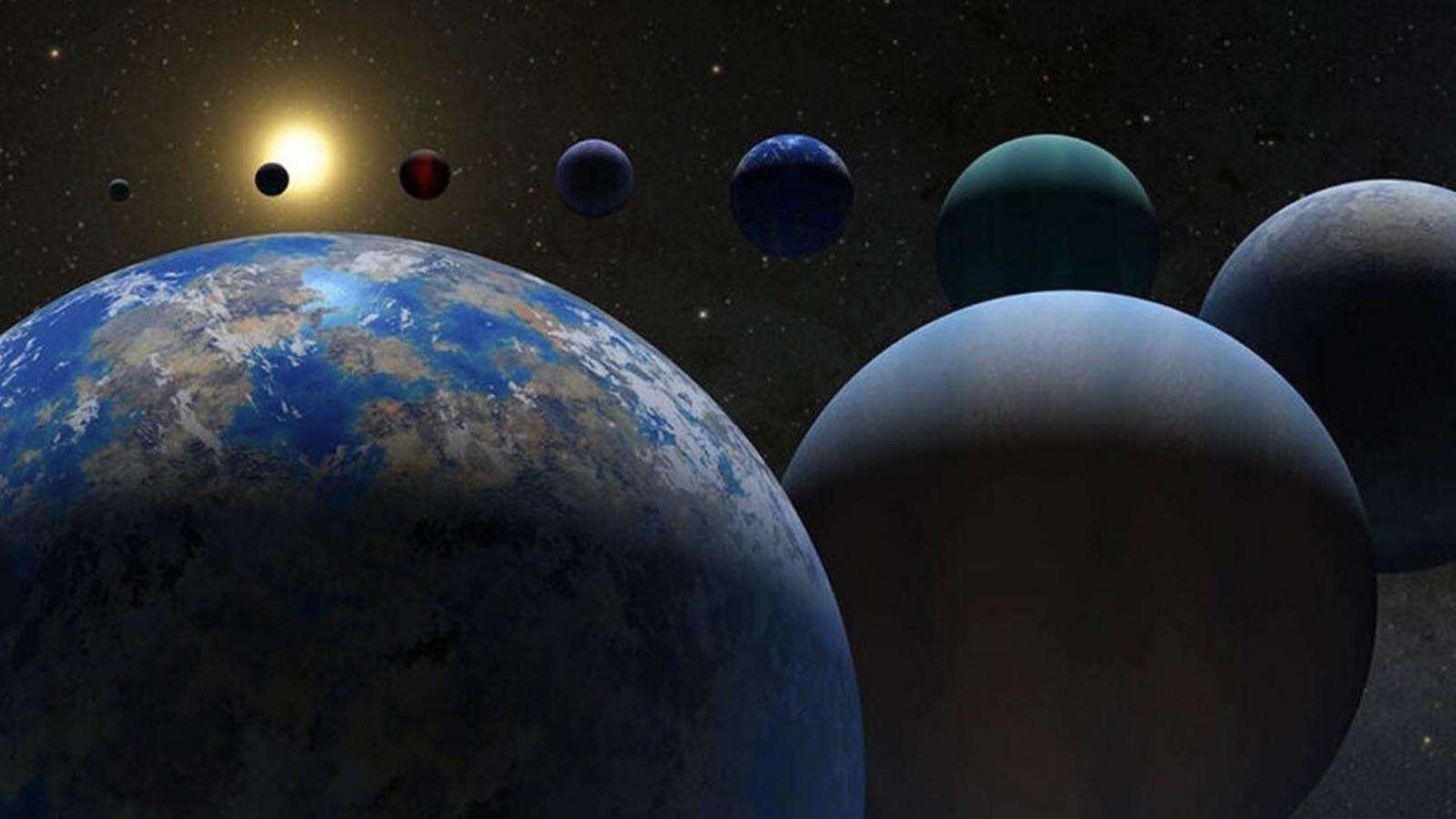NASA scientists have detected evidence of possible life on a planet over 100 light years away.
The space agency’s James Webb Space Telescope discovered a molecule called dimethyl sulphide, or DMS, on the distant planet, which on Earth can only be produced by life, according to a report from the BBC.
“On Earth, DMS is only produced by life. The bulk of it in Earth’s atmosphere is emitted from phytoplankton in marine environments,” University of Cambridge Profesor Nikku Madhusudhan, who led the research, told the BBC.
The discovery marks the first time astronomers have detected possible DMS in a planet orbiting a distant star, according to the report.
Along with the discovery of DMS, NASA researchers say they have also detected methane and CO2 in the planet’s atmosphere, a sign the planet could be the home of a water ocean.
The planet, named K2-18b, is located about 120 light years away and is almost nine times the size of Earth. The distant planet had already ticked all the boxes researchers generally look for when evaluating whether a planet can support life, including its temperature, the presence of carbon and potentially liquid water.
Confirmation that the planet has DMS would be a “huge deal,” Madhusudhan told the BBC, adding that more research will be needed and that he feels “a responsibility to get this right if we are making such a big claim.”
The James Webb Space Telescope evaluates distant planets by analyzing light that passes through their atmosphere, which contains chemical signatures of molecules.
“The details can be deciphered by splitting the light into its constituent frequencies – rather like a prism creating a rainbow spectrum. If parts of the resulting spectrum are missing, it has been absorbed by chemicals in the planet’s atmosphere, enabling researchers to discover its composition,” the BBC reported.
NASA’s Hubble telescope originally detected the presence of water vapor on K2-18b, leading to the planet being studied by theWebb telescope.
Despite the cautious optimism, Dr. Robert Massey, the research and deputy director of the Royal Astronomical Society in London, told the BBC he was excited by the possible discovery.
”We are slowly moving toward the point where we will be able to answer that big question as to whether we are alone in the universe or not,” Massey said. ”I’m optimistic that we will one day find signs of life. Perhaps it will be this, perhaps in 10 or even 50 years we will have evidence that is so compelling that it is the best explanation.”













I’ll rush right over and check it out. Just how much is this nonsense costing anyway? Just asking….
I say that is BULLS**T!! And a HUGE WASTE of taxpayers money that could be used to cure illness and cancers and all kinds of things on THIS PLANET!!!!!!!!!